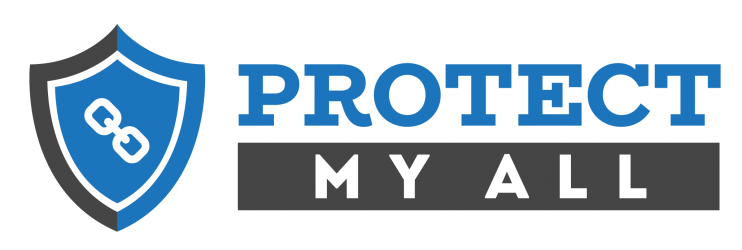A relative of mine recently called me in a panic over an email he had received. The first line of the email made him think that he was specifically targeted:
“I’m aware that <password previously used by recipient here> is your password,”
The rest of the email looks something like this:

No wonder it seems so scary – someone knows your old password! But this isn’t as bad as it seems.
We hear about about hacks of websites all the time where lists of email addresses and passwords are compromised. What has happened is that hackers have obtained these lists and are sending mass emails to these people. If you haven’t changed passwords recently (or ever) then this email could actually have your current password. If you get an email like this, here’s what to do:
- change your password on any sites that use the listed password
- change your password on other sites that are of critical importance – like banking, email, other financial services
The experts will tell you that you should use different passwords on every site and to change them frequently. This is correct, but realistically, most of us aren’t going to do this so I say make sure the super critical ones are changed and are different. In future posts, I will talk about ways to track these passwords, in easy and secure ways.

Webcam Dangers
If you read this scammer email carefully, you can see that it references webcams. It’s true that there are sites that can hack your webcam (very rare) but there are ways to protect yourself. I recently purchased a few of these laptop camera covers. These stick onto your laptop over the camera and can easily be slide open and closed. This way, your camera can’t be used unless you specifically uncover it.
The best protection is your own common sense
I will have more to say in future posts about protecting yourself from online threats, but I can’t say enough about being observant about what you do on your computer and what you see.
- If you aren’t sure about a website – don’t visit it.
- If something looks wrong, ask someone who knows about online threats.
- If you receive a strange email or attachment, don’t open it and delete it. You can always ask the send if they intended to send it to you, assuming it’s someone you know.
There’s lots of ways to protect yourself from online threats and we’ll keep this exploring this topic. Have you ever been hacked or lost data due to online scammers?
